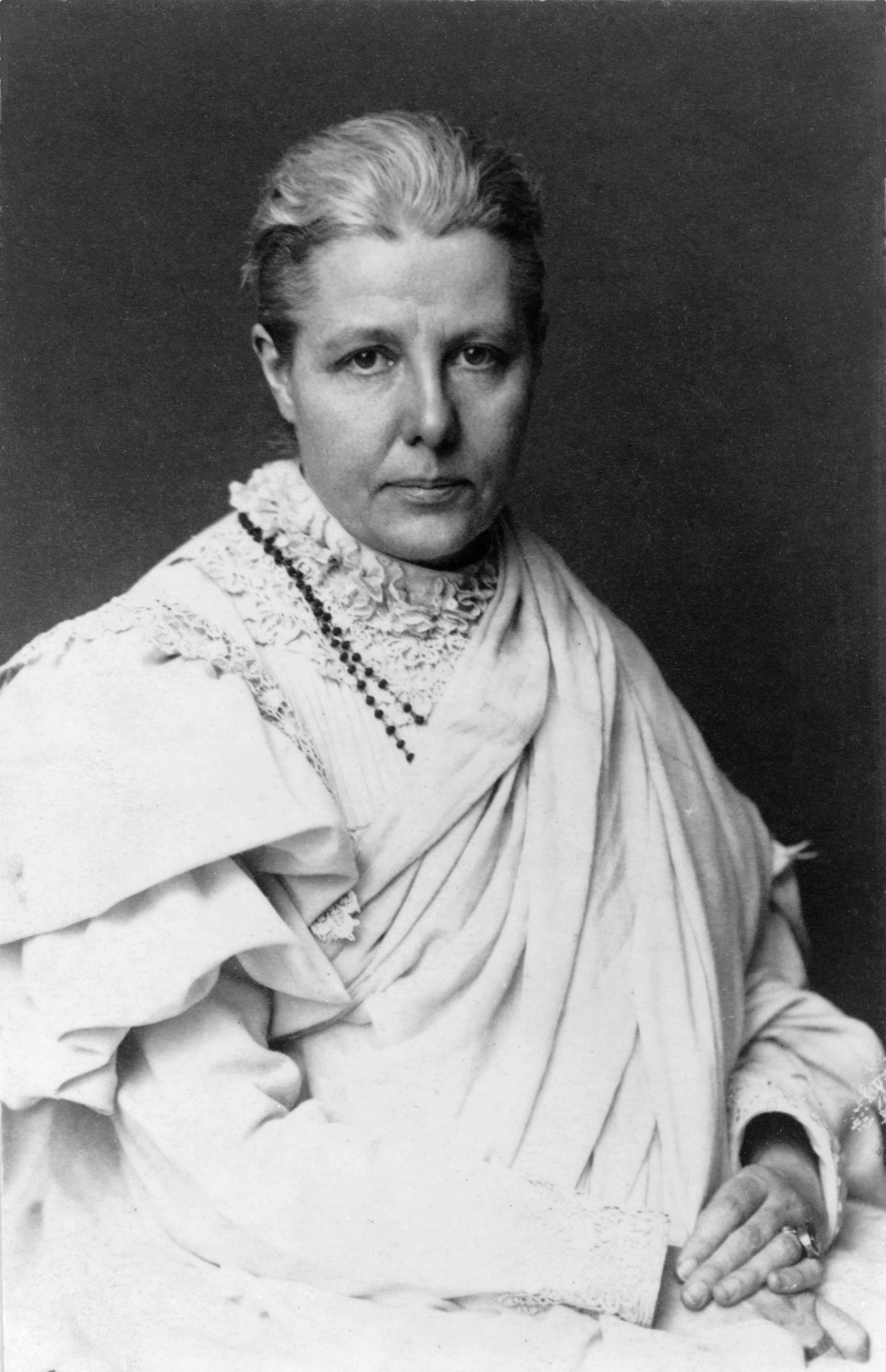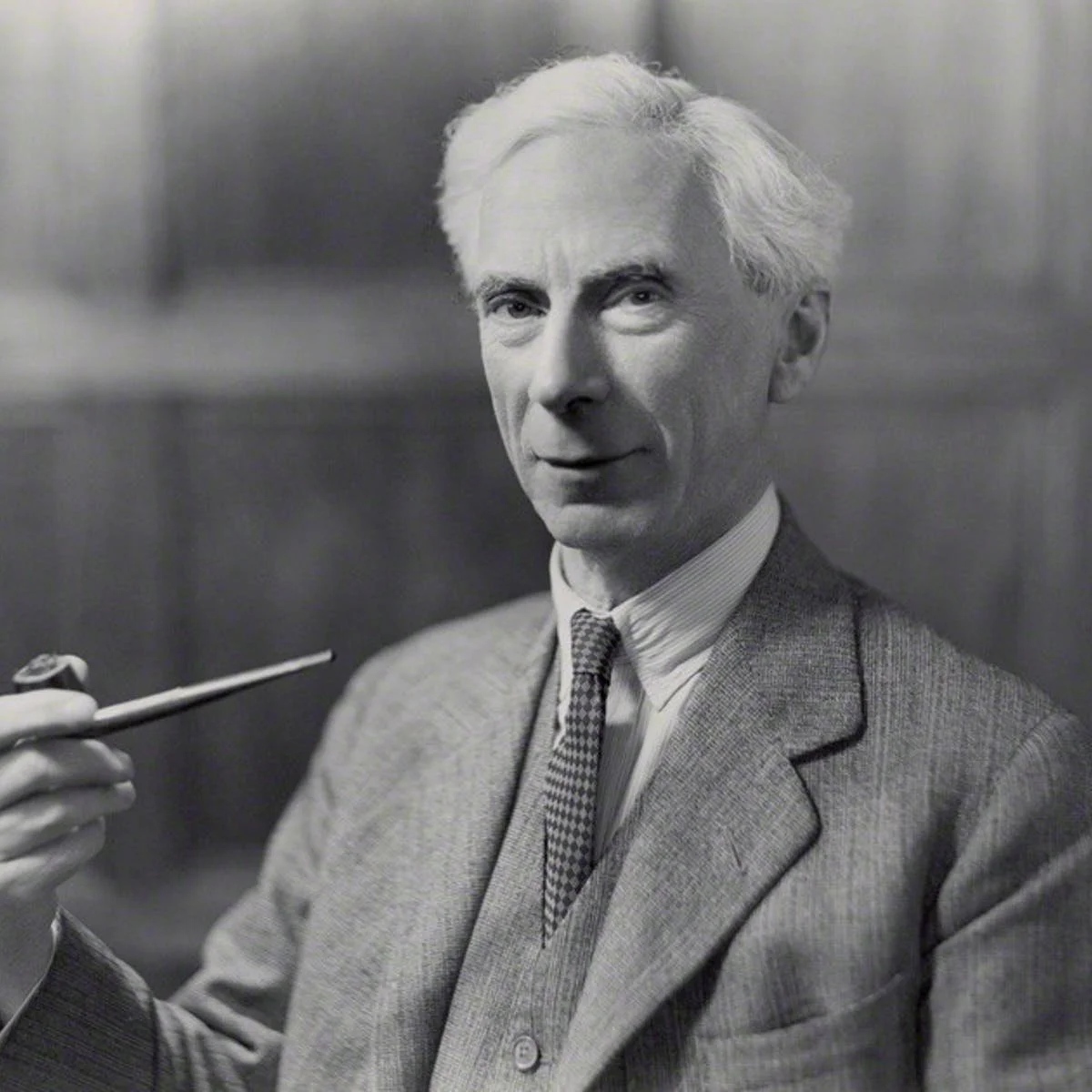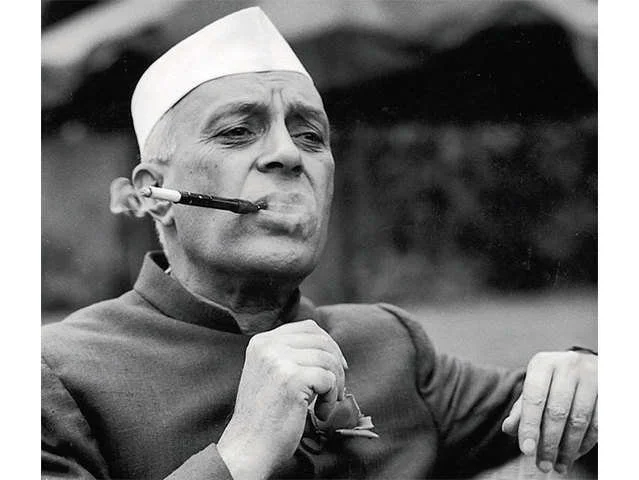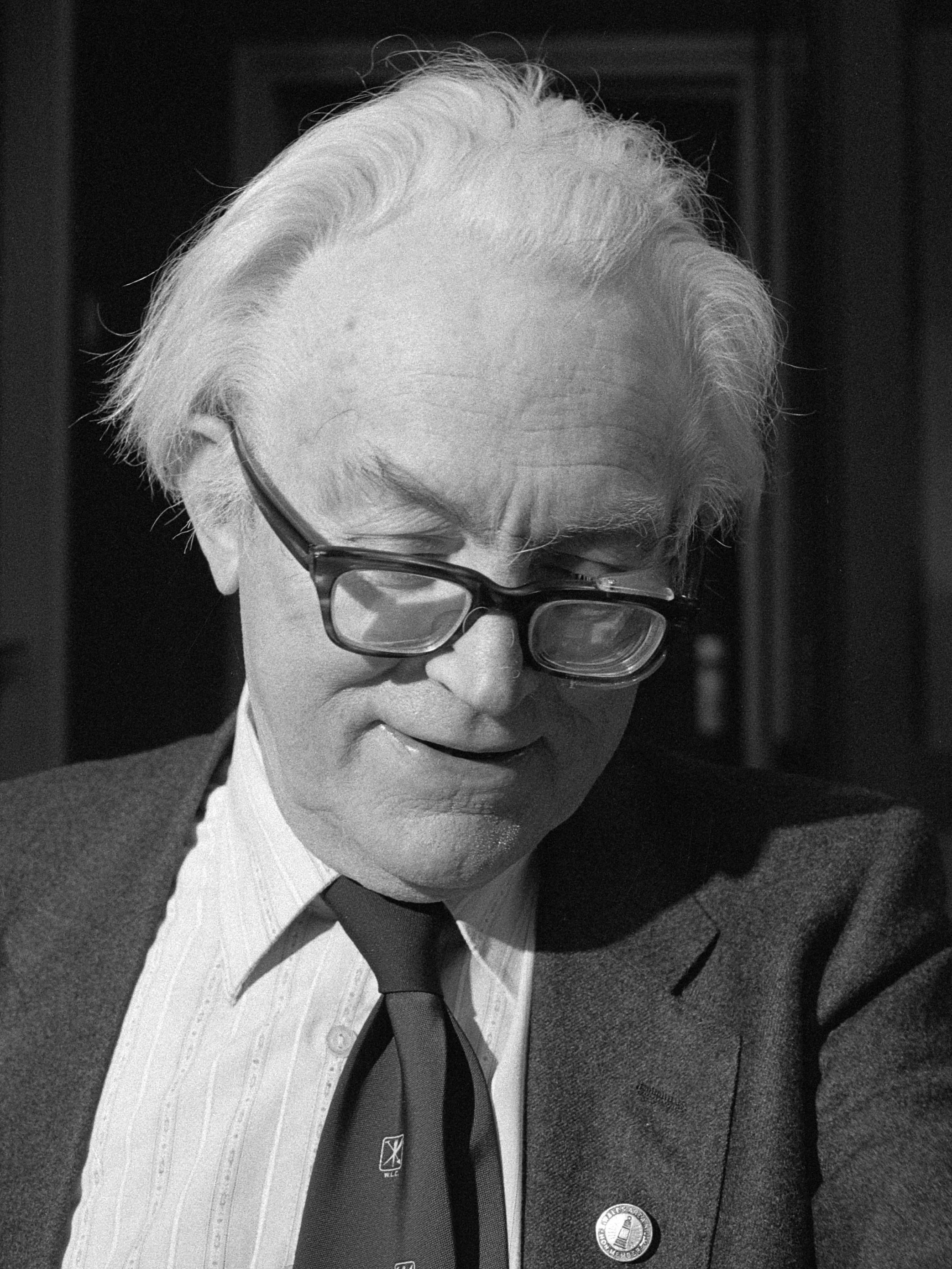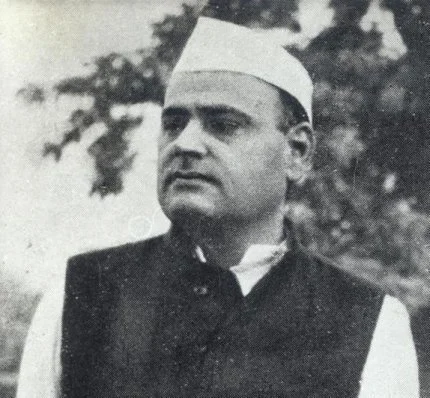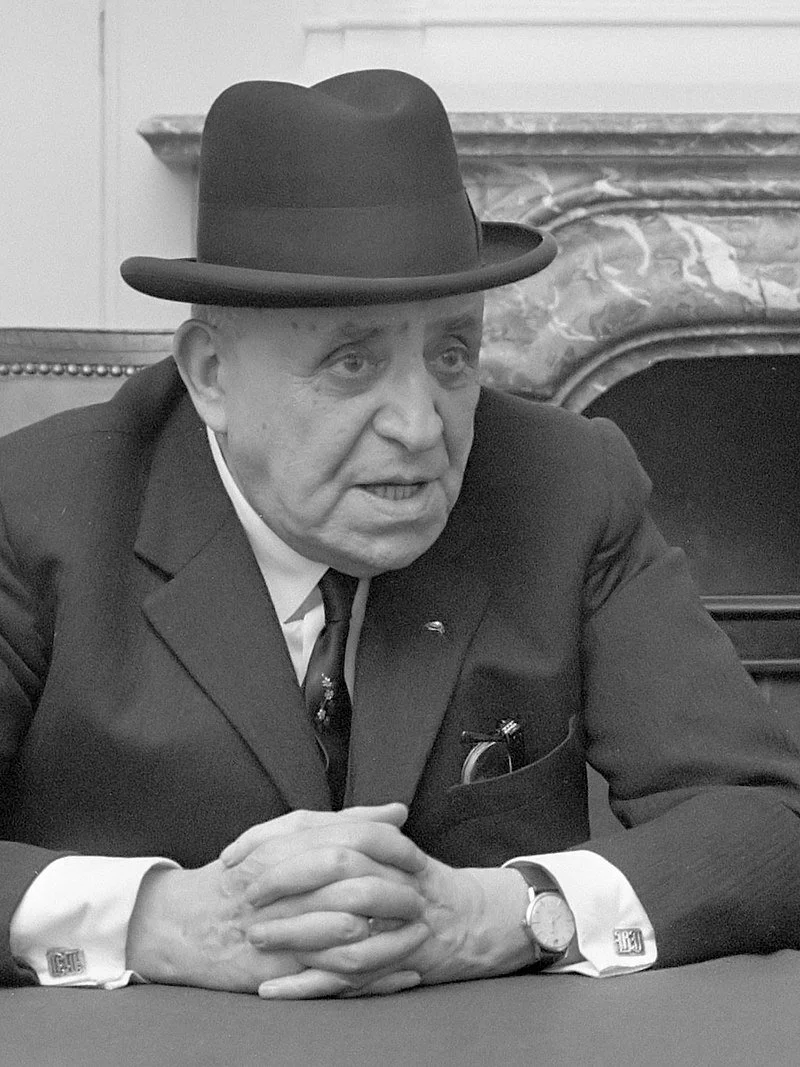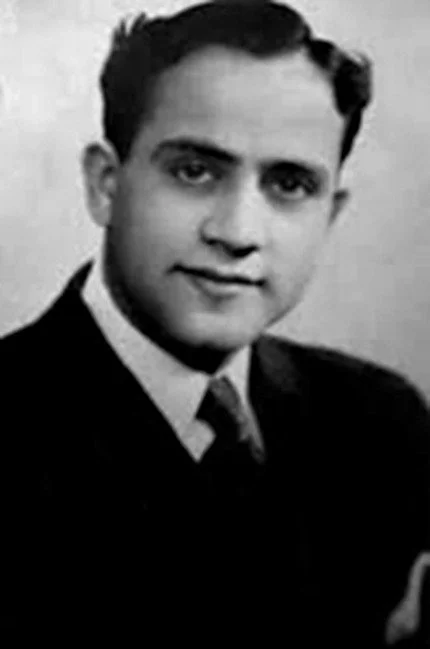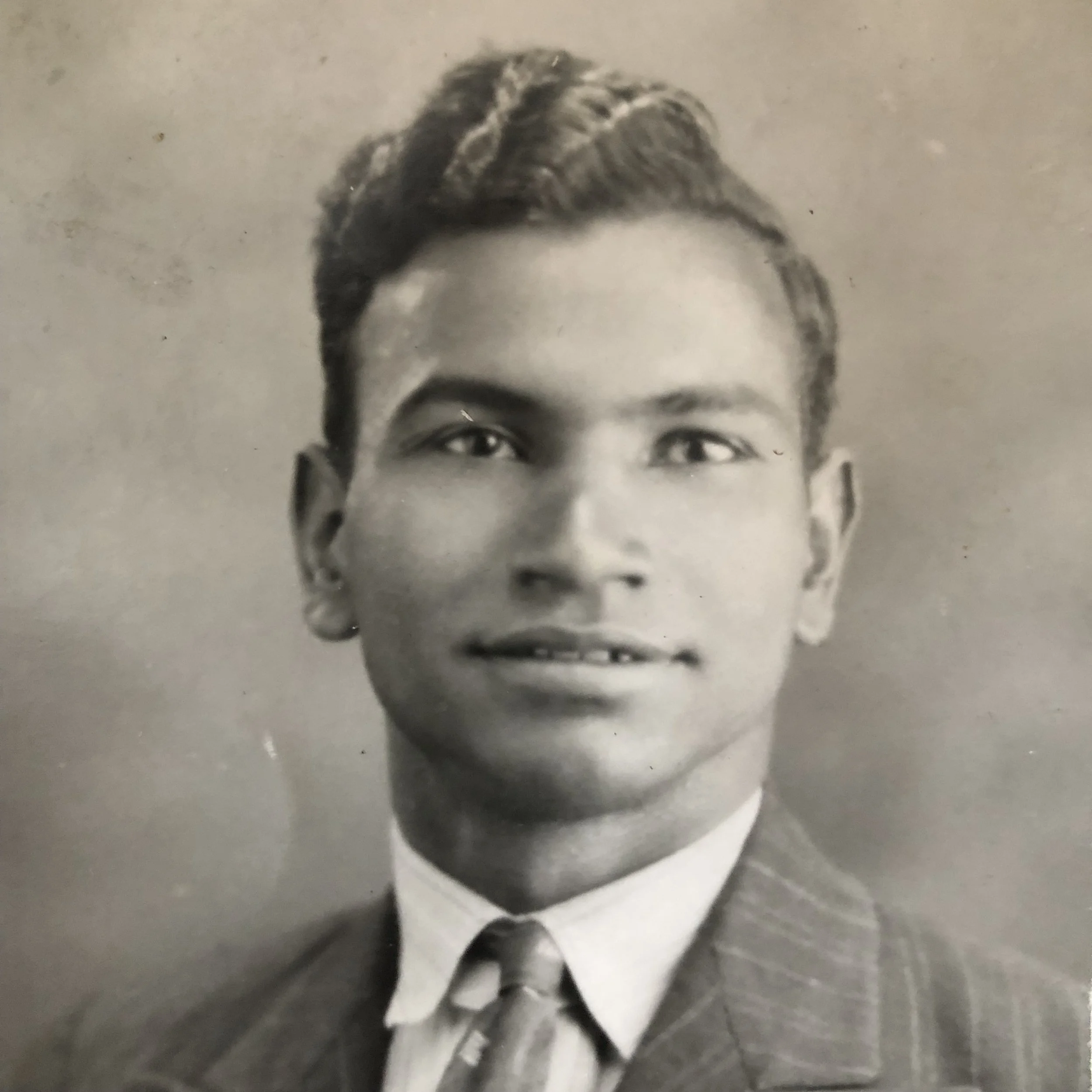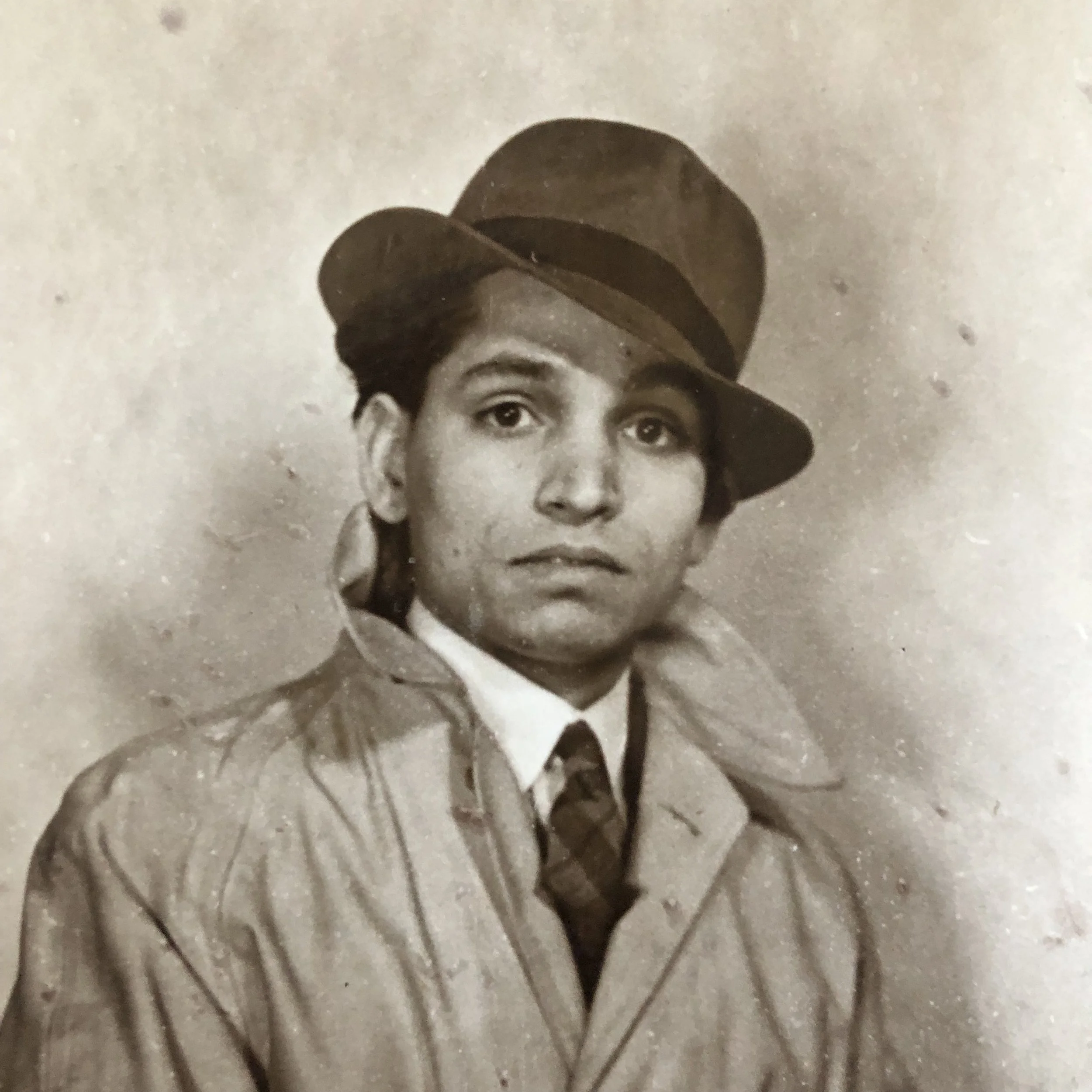The 1928 Institute was established as a University of Oxford spin-out
We are a continuation of the original India League, which was formalised in 1928. Distinguished figures involved with the original India League are shown below.
-

Krishna Menon
Was the pivotal driving force behind the League, especially from 1928, being its President and Chairman, respectively. His skills and intellect helped him become India’s first Ambassador to the UK and later Minister of Defence.
-
Annie Besant
Started the precursor to the League around 1916, taking inspiration from Bal Tilak. She was very active in the early ‘free India movement’ and is said to have been an influence to both Nehru and Gandhi. She was an avid educationist and founded Banaras Hindu University.
-
Bertrand Russell
Was a Nobel Laureate and former President of the League. He was one of the 20th century’s prominent British thinkers and a dedicated anti-imperialist.
-
Jawaharlal Nehru
Was India’s first Prime Minister and a person who was instrumental in the freedom struggle. He was very close friends with K Menon, thus supported and spoke at the League. The League facilitated his visits to London.
-

Mahatma Gandhi
Worked with the League as they were pushing the independence struggle in London. He worked on endeavours such as the 1932 ‘Conditions in India’ report and the 1942 Quit India Movement. Gandhi also obtained access to some British intelligentsia via the League.
-
Michael Foot
Joined the League in the 1930s and eventually became its Chair. He was a life-long friend of India and held the posts of Leader of the House of Commons, in addition to, Leader of the Labour Party.
-

Vijaya Lakshmi Pandit
Was one of the most prominent Indian women of the 20th Century. She was the Ambassador to the UK and the first female President of the UN General Assembly.
-

Prof Harold Laski
Taught K Menon at the LSE. He then became involved with the League and investigated what legislation a free India would need. He was also Chair of the Labour Party.
-

Ellen Wilkinson
Was a vocal League member, parliamentarian, and campaigner for women’s suffrage. Alongside Monica Whately and Leonard Matters, she visited India in 1932 and wrote reports arguing for its decolonisation.
-

Bhicoo Batlivala
Was one of the most prominent women in the India League and apart of the wider Tata family. She was also the Private Secretary to Nehru during his time in Europe.
-
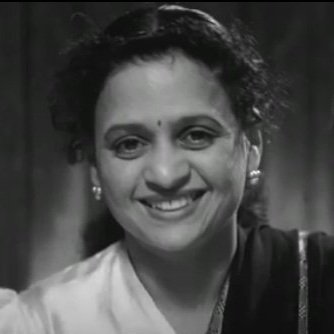
Venu Chitale
Joined the League and befriended Nehru’s sister. She was also a BBC Broadcaster in the 1940s where she became close to the famed author, George Orwell.
-

Aneurin Bevan
Spearheaded the creation of the NHS and was a senior UK Parliamentarian. He was friends with K Menon and supported the freedom struggle in London. Post 1947, he was very supportive of India in international politics.
-
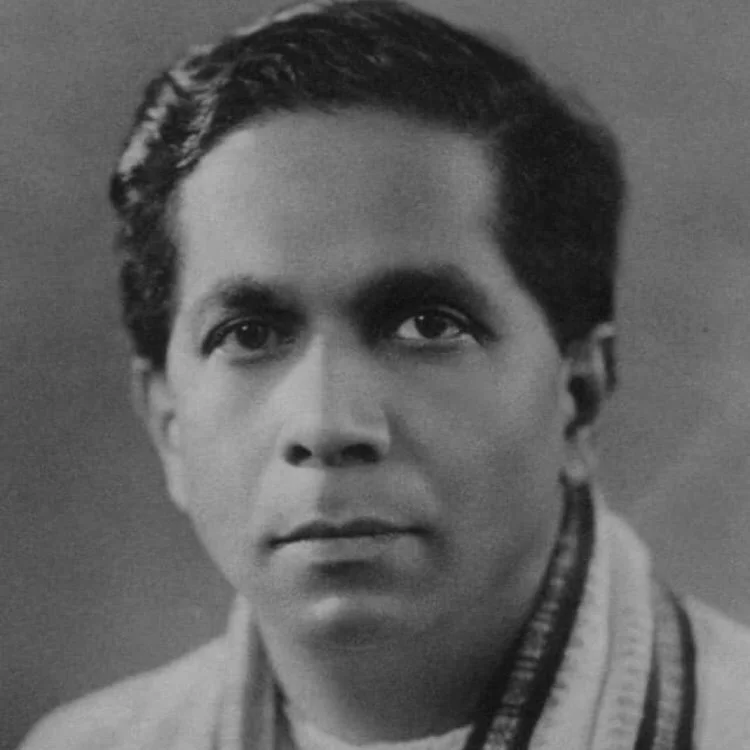
S A Wickremasinghe
One of Sri Lanka’s most important 20th century leaders. He founded the Communist Party of Sri Lanka and was one of many people from ‘Ceylon’ who were members of the League.
-
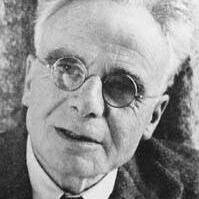
H N Brailsford
Was an executive member of the League during the 1930s and 40s. He wrote several books on Indian freedom and was a journalist. He penned the book, Rebel India, where he argued for decolonisation.
-
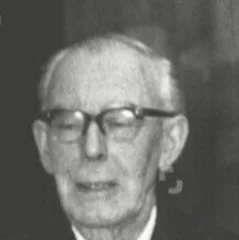
Lord Sorenson
Was a former Chair of the League and a former Labour MP. He led many pro-independence marches and strongly vocalised against partition. He was part of several anti-colonial movements.
-
Feroze Gandhi
Studied in London where he joined the League. It was here that he met his future wife, Indira Nehru, who then went on to become Prime Minister of India.
-
Sir Barnett Janner
Was the President of the Board of Deputies of British Jews and a Leicester MP. He became involved with the local division in of the League in the 1960s and spoke up for Indians living in the UK.
-

Julius Silverman
Became both a President and a Chair of the League. He was instrumental in promoting the League’s activities in Birmingham where he served as a Labour MP.
-

Shapurji Saklatvala
Was the first Labour MP of Indian ethnicity, elected in 1922. He often spoke in Parliament for a free India and worked for the welfare Indian seamen in London.
-
Chandran Tharoor
Was a journalist and alongside Krishna Menon, founded the India Club, London. He is also the father of the esteemed statesman Shashi Tharoor and the entrepreneur Smita Tharoor.
-
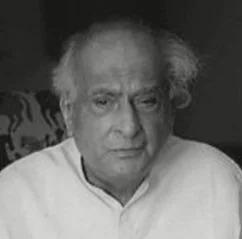
P N Haksar
Was an active member of the League alongside other Indian students and young professionals in England. He later became Principle Secretary to the Prime Minister of India and was chief negotiator during the 1971 Bangladesh Liberation War.
-
V P Hansrani
Arrived in England from Panjab in 1939 and became a founding members of the Indian Workers’ Association (IWA). He then became a President and Chair of the League. He was in close contact with Krishna Menon and other Indian revolutionary figures in the UK. Being an avid writer, he edited publications such as the 1940s ‘Azad Hind’.
-

Savitri Devi Chowdhary
Wrote cookery books and kept to her Indian roots. Whilst living in England, she also set up advocacy groups for Indians in the UK and Europe . She joined the League and is associated to the restaurant Veeraswamy’s.
-
Ujagar Singh Rurka
Was a founding member of the IWA who then became a President of the League. He represented the League at functions such as the Queen’s Garden Party. He and Mr Hansrani were very active in the Leicester and Coventry areas. He is the Grandfather of Baroness Verma.
-
-
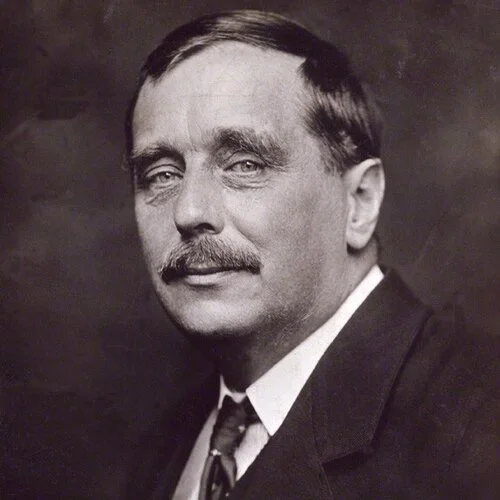
H G Wells
Spoke at the India League and was a supporter its causes. Wells was an esteemed author and intellectual who famously wrote the ‘The War of the Worlds’.
-



